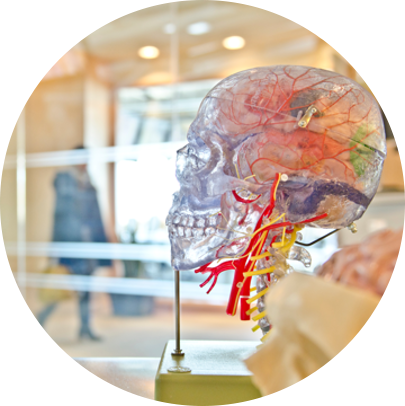Three tools you can use
/Here are three "tools you can use" to unleash learning:
Visit our library to download our Retrieval Practice Guide and our Interleaving Guide
Check out our email archive for our favorite research, resources, and tips
Get to know Digital Promise, a fantastic organization that's advancing education by increasing access to cognitive science research
Also, we're thrilled to join in the flurry of activity on Twitter about retrieval practice and cognitive science research! A huge thank you to collaborator Matt Miller for connecting educators with rigorous research and practical tips on retrieval practice during his annual Ditch Summit.
Follow us on Twitter @RetrieveLearn, learn how educators are using retrieval practice in their classrooms, and share your tips. If you're already on Twitter, continue to spread the word about cognitive science research, resources, and tips, too.
Download Our Retrieval Practice & Interleaving Guides
We have many brief guides – including a Retrieval Practice Guide and an Interleaving Guide – written by cognitive scientists, presenting research behind these powerful strategies and recommendations for using them in the classroom.
These guides are your tools to use. Download, print, share, and use them to shape your instruction and transform learning.
Would you like to see a guide on a particular research area or strategy? Let us know!
Check Out Our Email Archive
Are you new to RetrievalPractice.org, or maybe you joined us long ago? Either way, you might want a refresher (without cramming, we hope). Explore our tools and brush up on cognitive science research from our archive of email updates.
Here are some of our favorites:
Research behind "free recall" and tips to apply this strategy in your classroom
Announcement of our new Make it Stick webpage dedicated to the book Make it Stick: The Science of Successful Learning
Recommended e-books, written by cognitive scientists, on applying the science of learning in education
A roundup of brand new research on the optimal placement of retrieval questions and using elaborative feedback with examples
Digital Promise: Accelerating Innovation in Education
Digital Promise is a non-profit that's committed to advancing education by increasing access to rigorous research, including findings from cognitive science. We recommend keeping an eye of them – they are truly dedicated to developing practical tools drawn from excellent scientific sources.
Here are four ways to get started with Digital Promise:
Watch this video for an introduction on Digital Promise's research tools
Understand key findings from research on cognition and memory
Explore the dynamic Research Map with direct links to scientific articles
See retrieval practice in action with case studies from the New Mexico School for the Arts and Design Tech High School
"As a scientist, I always enjoyed the process of asking questions and designing experiments to get answers, but felt extremely frustrated that my research findings didn't seem to have any 'real-world' impact. What's exciting about our Research@Work project is that we're synthesizing and sharing research on learning so that educators can use it to address real problems of practice and support students." - Aubrey Francisco, Ph.D.

















